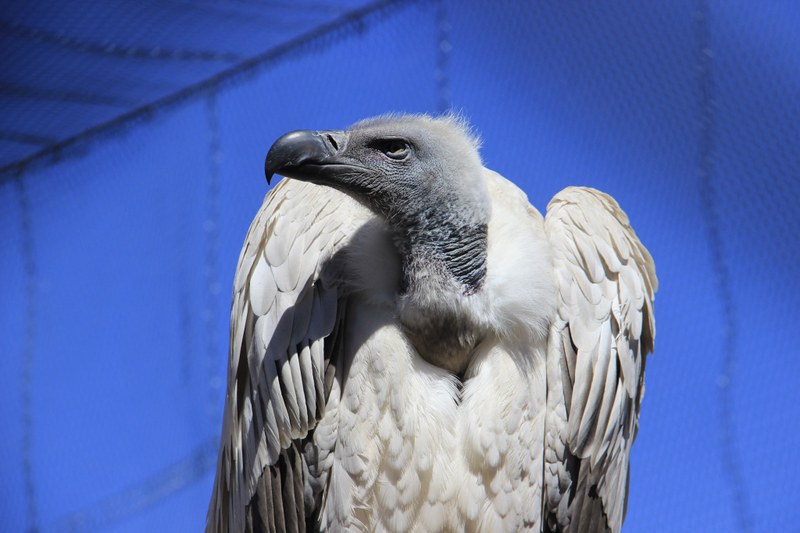
ABQ BioPark Temporarily Shifting Many Birds Indoors to Protect Them From Avian Flu
The move is being made out of an abundance of caution, as no cases have been detected in the BioPark's bird collection.
Oct. 7, 2022 - The ABQ BioPark has been closely monitoring Highly Pathogenic Avian Influenza (HPAI) cases in New Mexico, and made the decision to move many of its birds indoors for their protection. Some birds will remain in their habitats with coverings to protect them from exposure to wild birds in the area, as avian influenza is a viral infection that occurs naturally in wild birds.
Since HPAI may be carried by wild birds, there is no way to prevent it entirely. Although any bird can catch HPAI, some species are more susceptible. Wood ducks, gadwalls, geese and swans are all highly susceptible, while eared grebes, dunlins, laughing and black-headed gulls, kestrels, peregrine falcons, chickens, turkeys, pheasants, quails, ducks, guinea fowl and any raptor or scavenger that has fed on meat from infected waterfowl are moderately susceptible.
People may become infected with the avian flu but it is quite rare, and the virus is not easily transmitted to people. As a precaution, the ABQ BioPark advises people not to handle dead or sick birds, especially if they live in an area known to have positive HPAI cases.
